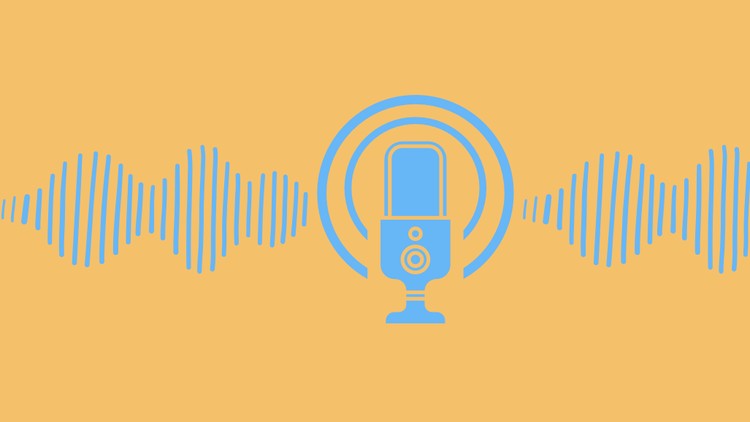
Textile industry – Garment making, Kor Tekstil d.o.o., Slovenia
What you will learn
Current state of the textile industry
Different perspectives on the textile industry
Interviews with key industry figures
Current topics, trends, and challenges in the textile world
Why take this course?
In the third podcast, we spoke with Bernarda Pruš from the company Kor Tekstil d.o.o., located in Murska Sobota, Slovenia, which specializes in garment manufacturing. We invite you to listen to the third podcast in a series of three. This podcast focuses on garment production. The spoken language in this video is Slovenian, with subtitles in English and German.
We invite you to read more about the Wiretex project:
The WireTEX project concentrates on identifying the specific needs of the textile industry in the areas of weaving, knitting, spinning, and confectioning. It recognizes the current industry requirements in these areas, the training of workers, and expectations for new employees. It also focuses on the knowledge required for individuals to effectively and efficiently integrate into the work process.
It is crucial to preserve the existing knowledge that experienced textile workers use daily in performing their tasks, for future generations. Due to the significant gap between the arrival of young workers in the textile industry environment and the retirement of experienced workers, the project aims to preserve specific knowledge in dedicated areas for future generations. Throughout the project, a collection of video content on textile technological knowledge is being built, and a comprehensive set of educational materials is being created, freely accessible to stakeholders in the industry, educational institutions, young individuals in educational processes, and all other interested parties.
The project strives to increase the attractiveness and innovation of vocational education and training in the field of textiles while simultaneously identifying the needs and challenges of the textile industry.
The WireTEX project (2023-1-DE02-KA210-VET-000156023), running from October 1, 2023, to September 30, 2024, is funded by the European Union under the Erasmus+ program.